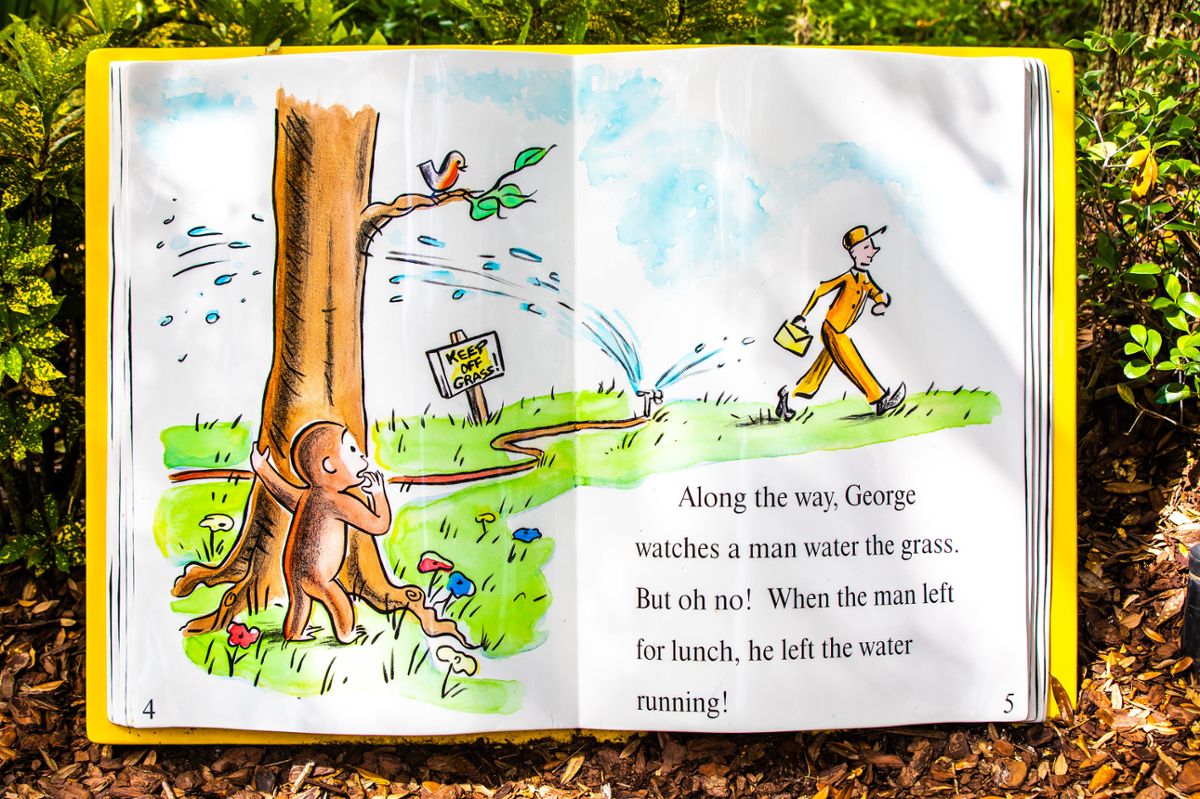Pop quiz! Does the Monopoly Man wear a monocle? Is the evil queen’s incantation, “Mirror, mirror on the wall?” Does Curious George have a tail?
If you answered yes to any of those questions, you may have experienced the Mandela Effect. The Mandela Effect describes when you—and a lot of other people!—have a false memory, usually about pop culture. The name comes from a common misremembering of having watched Nelson Mandela’s funeral in the 1980s, an event that never happened, since the civil rights icon died in 2013.
Nothing but a mustache adorns Uncle Pennybags’ face. The quote is actually “Magic mirror on the wall,” and the beloved illustrated primate is tailless. If you failed our pop quiz, you’re not alone. Though fabricated memories—such as mistaking an old dream for a real event, or adding new features to a familiar image—are normal, the Mandela Effect intrigues scientists because of how people consistently misremember the same element, such as the Monopoly Man’s monocle. One explanation may be that humans remember information in schemas, or bundles of related material. If our brains bundle the idea of a monkey and a tail in the same schema, for instance, we might have a false picture of Curious George.
Other explanations consider how memories can change—we could forget that we heard “Mirror, mirror on the wall” from a friend, not the original Snow White movie. Or because I gave you the wrong quote, your brain might be primed to accept “mirror, mirror” instead of “magic mirror.”
Here’s one final thing to remember: despite ongoing research, the Mandela Effect’s definite cause isn’t yet known for sure.










